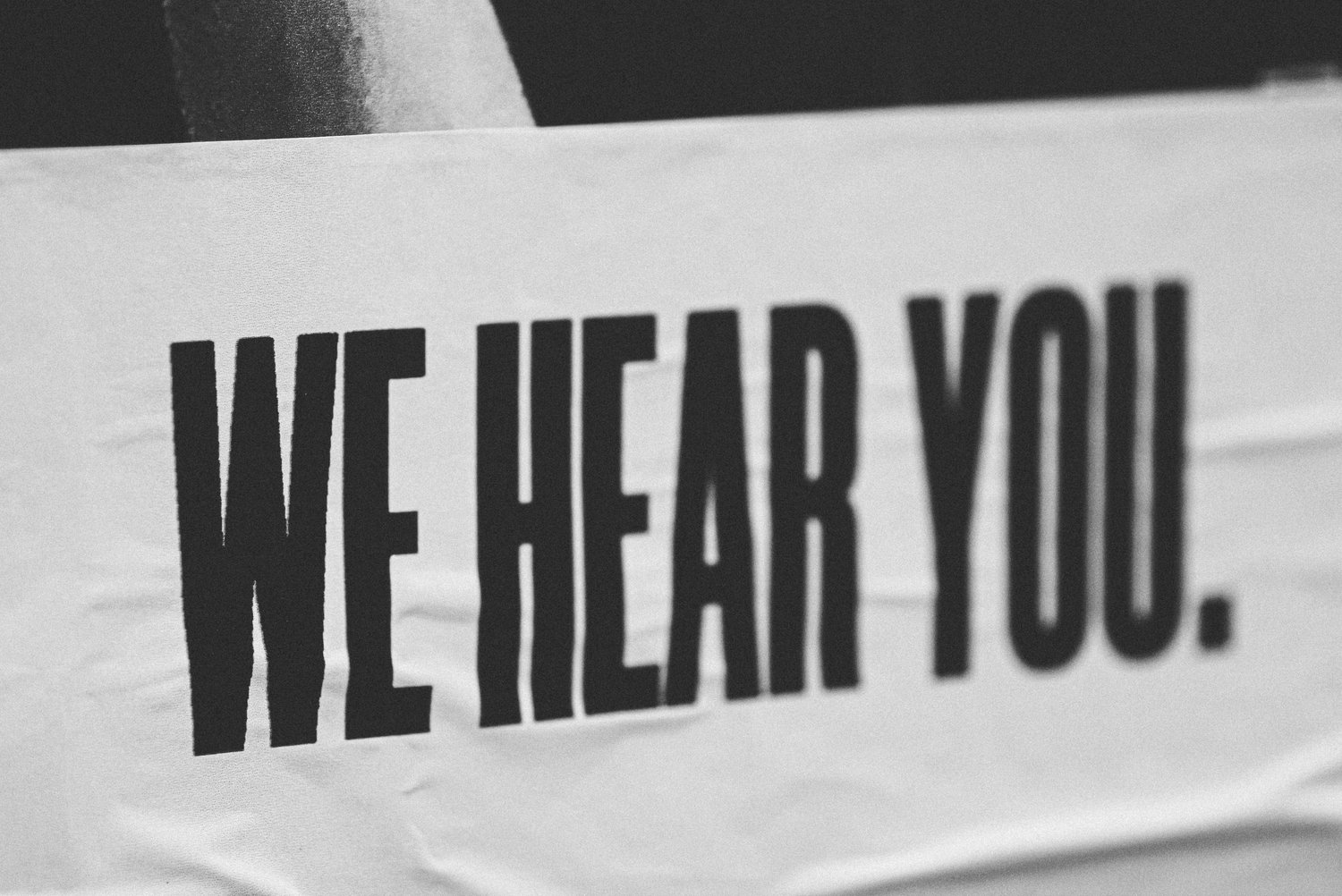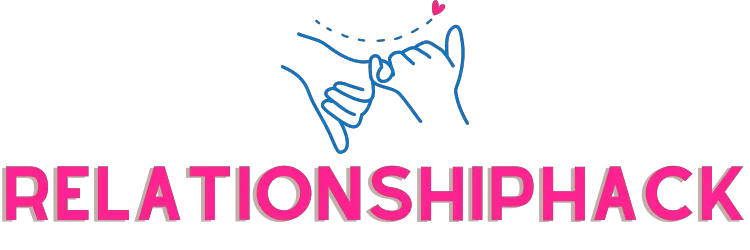
“Hi, Jenn,” the front desk volunteer said as I answered the phone. “I wasn’t sure who to call…a young man just walked into The Center and he said he just tested positive for HIV. He wanted to talk to someone and I guided him into the library to wait. Could you come down and talk to him?”
Shit.
“Ummm, none of the therapists are in the building right now?” I asked, knowing it was a long shot, since our counseling department was housed in a different building more than walking distance away.
This was in 2006. I had been working at The San Diego LGBT Community Center as an HIV-prevention program coordinator for a few months. Although I had talked to many HIV-positive individuals for my dissertation research and this job so far, I had never counseled someone with a new diagnosis. This was before our current drug options that can render someone’s HIV undetectable. And this was before my 15 years as a relationship & intimacy coach. I was terrified of saying something wrong.
“No. You’re the only one who makes sense for him to talk to,” the volunteer said.
“OK. I’ll be down in two minutes.”
I grabbed a sheet of paper with a list of local resources, and scrambled to the office next door to ask my colleague if she would accompany me, in case I felt stuck and didn’t know what to say. Gratefully, she acquiesced.
Two minutes later, we walked into the library and found a distraught 22-year-old man sitting on the sofa.
I reached out to shake his hand and introduced myself and my colleague. I sat in the chair facing him and my colleague sat in a chair next to the sofa.
“I’m so sorry,” I gently started. “I’m glad you’re here. Why don’t you tell me what’s going on?”
He shared about a recent weekend with a new sexual partner, and then feeling sick a few weeks later. He realized he should get an HIV test and just got that result. He was in anguish recounting these details.
It was heartbreaking. I knew there was nothing I could do to “fix” this for him. I felt useless and hopeless.
So, I listened. And gave him space to talk and cry. And I cried gently with him.
I listened and empathized and I felt his pain. I’ve since learned that this is one of the most powerful gifts we can give to another human – to listen and move towards their suffering, instead of away from it. It is an act of kindness towards a fellow human being.
Then I guided the conversation in the only direction that I could offer something more. I asked questions about his support network and access to resources, so I could make sure he had someone to talk to that day in his personal life, and I could send him home with some ideas about the next steps when he was ready to take them.
As my colleague and I were leaving, I told the young man he was welcome to stay in the library for as long as he liked, and that I was here if he needed to talk more. And I gave him a hug. When we were walking back up the stairs, my colleague said, “You didn’t need me. You did great.” I wasn’t so sure, but I appreciated hearing it.
The majority of the time when another person is emotionally struggling, the best and most helpful first response is simply listening. Don’t try to downplay their emotions or experiences. And don’t try to fix it. This takes courage, however, because we must be willing to feel their pain. And we must be willing to feel like we’re doing “nothing.”
But it’s far from nothing.
It’s the foundation of human connection that hope and growth are built on.
~Dr. Jenn Gunsaullus — Sociologist, Intimacy Speaker, & Relationship Coach

